Book-to-screen adaptations, whether films, limited series, or ongoing series, have become one of the most popular genres.
As an avid reader and TV fan, I love them.
Almost all networks or streaming services have featured some.
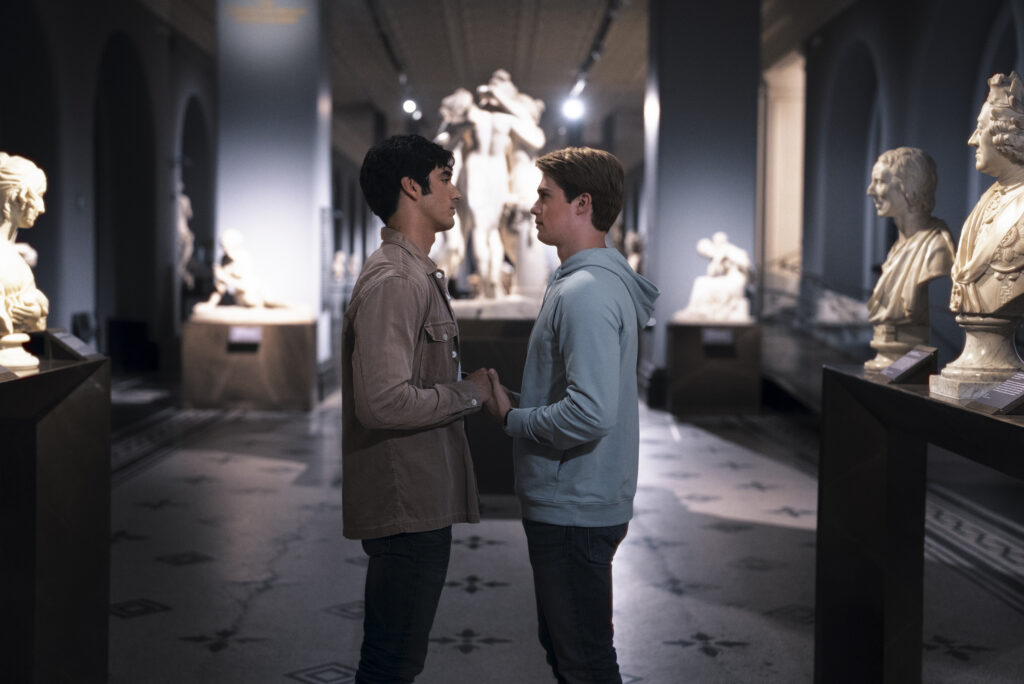
Netflix even aired a companion series, The Netflix Book Club, in which some authors discussed how their novels were adapted to the screen.
There is a fine line between staying true to the source material, pleasing the fans, and developing the characters and stories as your own.
Deciding Which Format Works Best
The network or studio will decide which format works best based on whether it adapts one book or a series of books.
Developing a two-hour film worked best if the book had a clear plot with a beginning, middle, and end, such as Red, White, & Royal Blue.
While the film had to cut some aspects of Henry and Alex’s relationship for time, the key aspects of their relationship and issues were showcased on screen.
It may have seemed bloated if they tried to stretch it into an eight-episode limited series.
So many limited series often feel like an eight-hour movie and need to stand on their own.
Some limited series, such as Peacock’s Apples Never Fall, worked because they introduced the storyline in the series premiere and devoted episodes to each character’s perspective before concluding within seven episodes.
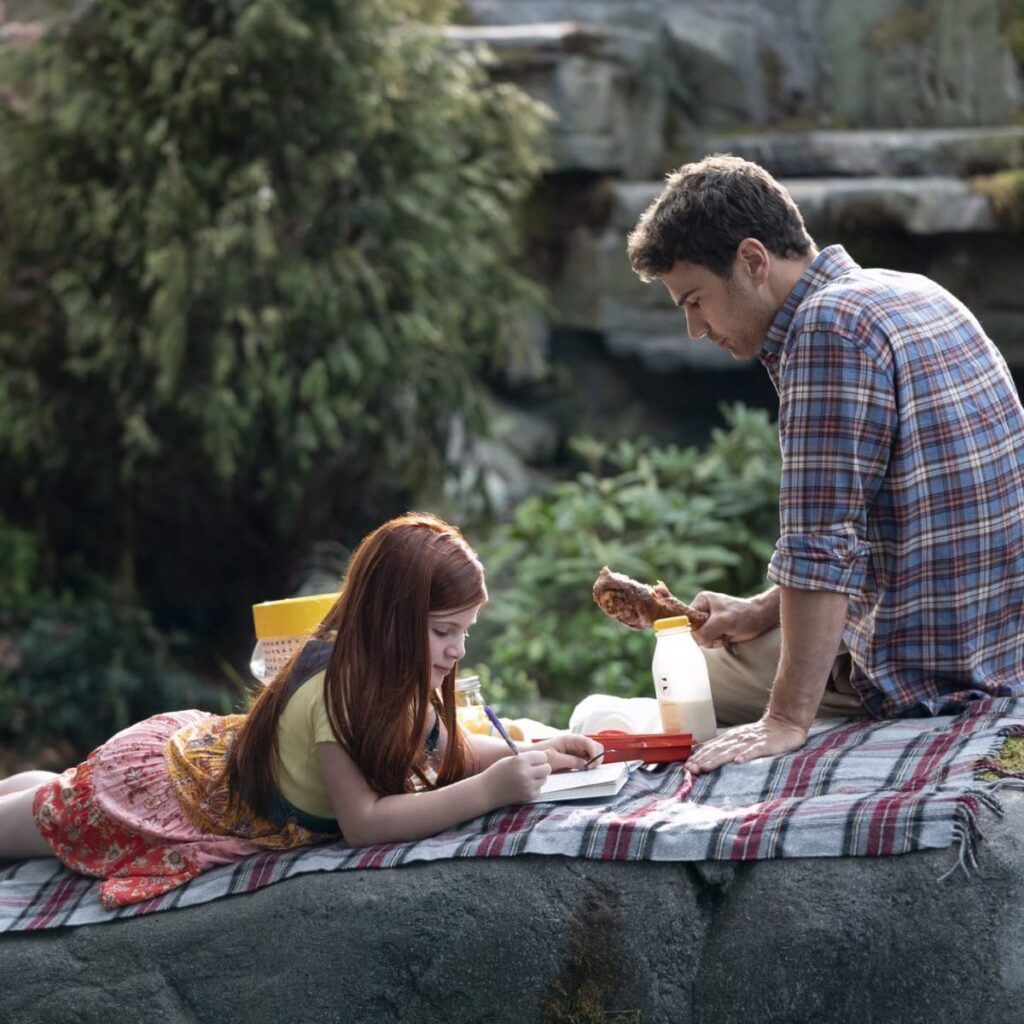
However, limited series have their complications, too.
Sometimes, the story should remain a limited series, but because of its success, the show gets renewed, as was the case with Nine Perfect Strangers or Big Little Lies.
There is no more source material. The showrunner must either wait for more to be written or create new storylines.
The other issue is when a series should have been a limited series instead of an ongoing series like The Time Traveler’s Wife.
EP Steven Moffat strived to make it several seasons and extend Henry and Clare’s love story, but by doing so, they covered less than half the book before the series was canceled.
If they had chosen to keep the episodes tighter, they might have finished the source material in the allotted six episodes.
The easiest task is to adapt popular book series, such as Bridgerton, Sweet Magnolias, or Will Trent, into long-running series.
Showrunners can’t include every plot, but they can feature the heart of the series and keep key aspects the same.
Keeping Key Aspects is a Necessity
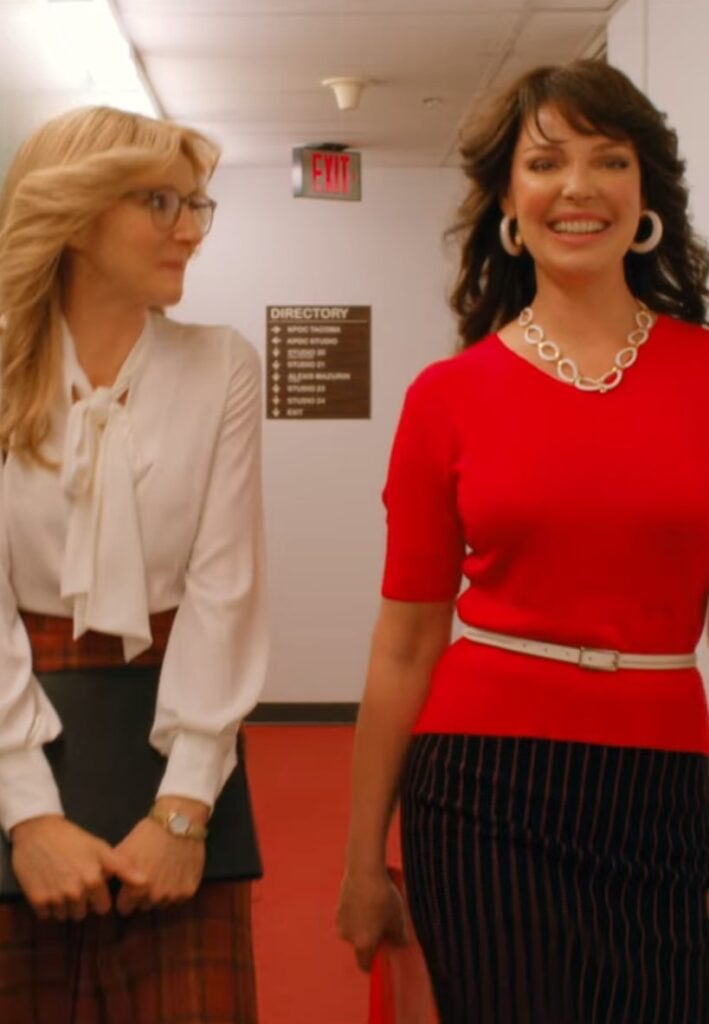
Netflix has adapted many novels. Some have worked, and some haven’t.
Many fans of Kristen Hannah’s Firefly Lane were disappointed with how it differed from the book including myself.
It was one of my favorites and a modern-day Beaches, highlighting a 30-year female friendship.
Firefly Lane showcased Kate (Sarah Chalke) and Tully Hart’s (Katherine Heigl) friendship in non-linear storytelling.
While that was interesting, most of the story arcs in the 1980s and 2000s were inaccurate and only showed how talented Ali Skovbye was at portraying Teen Tully’s sexual assault arc in the first season.
While the ladies’ friendship was still highlighted, much of the series was changed, from the reasons they fought and became estranged to Kate and Johnny’s divorce.
Only Firefly Lane Season 2 Part 2 remained unchanged as Kate struggled with cancer.
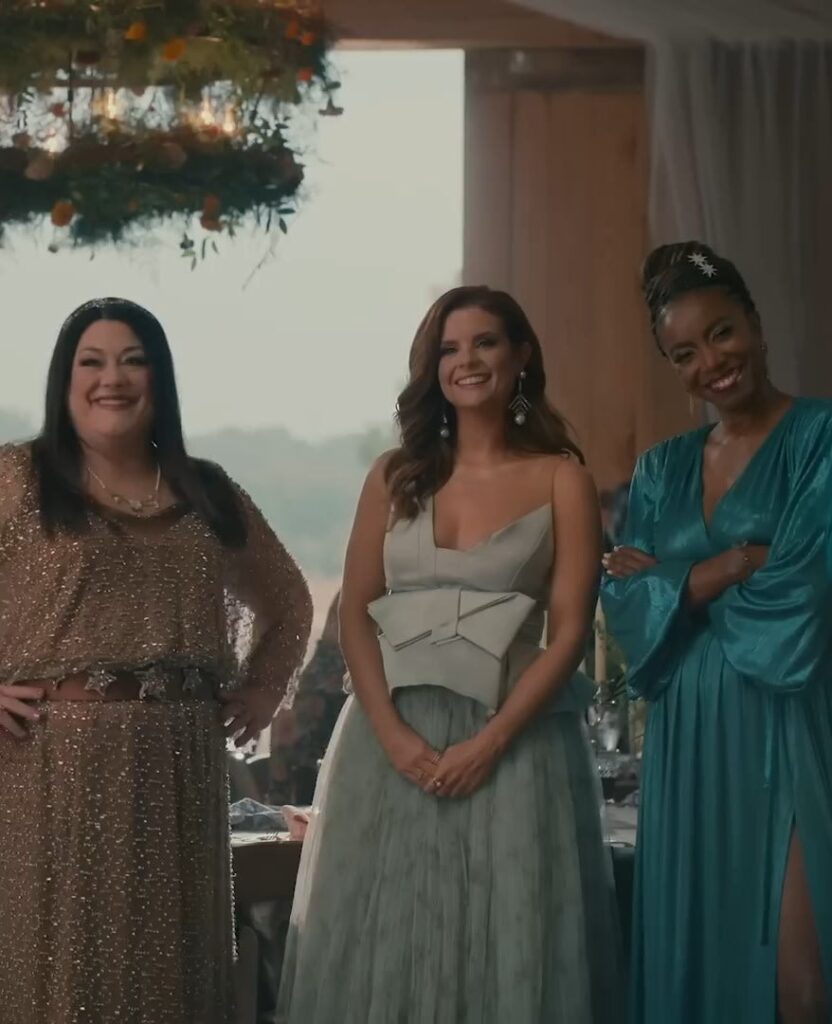
On the other hand, Netflix did somewhat better with Sweet Magnolias, at least the first two seasons.
The first two seasons highlighted storyline arcs from the initial three books in the series, including Cal and Maddie’s courtship, Ronnie’s return, Dana Sue’s diabetes, and Helen’s desire to be a mother and relationship with Erik.
However, Season 3 didn’t include any storylines from the novels, but the heart of the relationships remained.
Out of the Netflix adaptations, Bridgerton follows the source material the closest, likely because they adapt a novel a season.
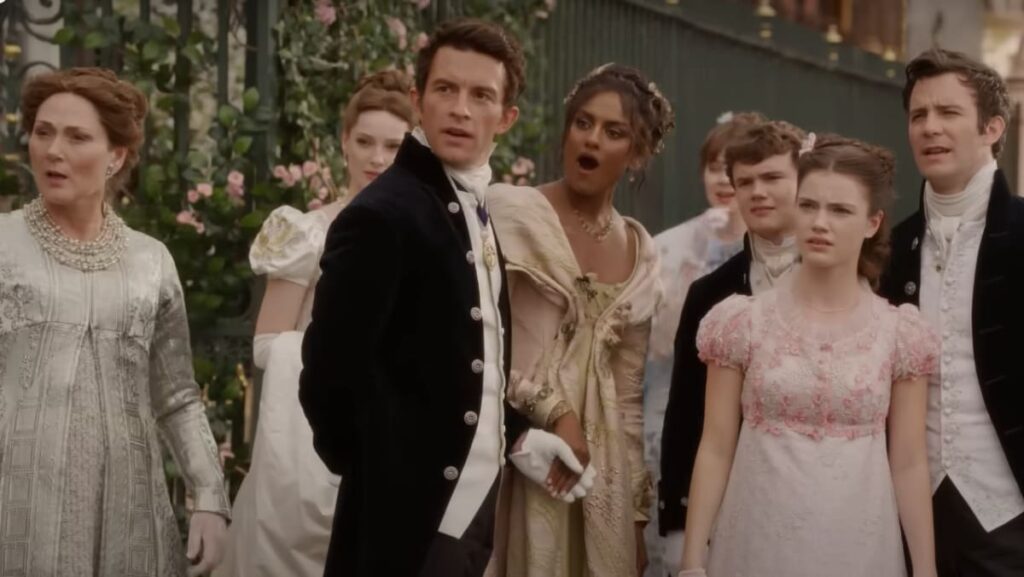
While many aspects of the novels and the series are the same, the series added several supporting characters, including Queen Charlotte, who got her own spinoff.
In addition, certain scenes, such as Daphne and Simon’s controversial sex scene or Anthony and Kate’s infamous bee scene, were adapted to look more romantic on screen.
However, the intensity between the characters remained.
When Altering Character Traits or Plots Works Better for the Adaptation
While keeping some aspects the same is imperative, changing some can also improve the TV series.
Will Trent has become one of ABC’s most popular procedurals, partly because they gave the show a lighter tone than the books.
It still shows some horrific crimes, but it also shows some humorous ones.
They are not as violent or gruesome as the murders, assaults, or abuse cases in the novels.
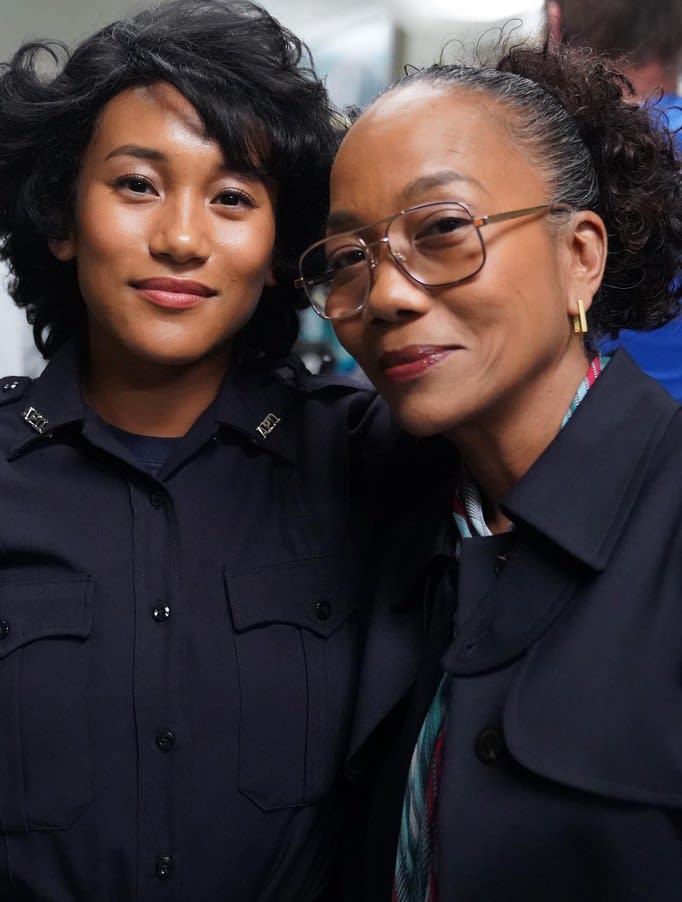
Will Trent altered the appearances and backstories of some of the characters.
Will isn’t Latino, and Amanda and Faith aren’t African-American, but with the backstory of female cops in the 1980s, the casting worked well.
The series also altered Det. Ormewood and Angie’s characteristics.
In the books, Det. Ormewood was an angry jerk who was mean to his wife and kids. While he has his issues in the TV series, he’s proven he’s a stand-up dad.
The abuse Angie suffered in the foster home hardened her, so she was mean to everyone, even Will.
Will had severe trust issues in the books.
Many fans of the books hated that Angie was nicer in the series, but it’s refreshing to see her more layered.
The fanbase is torn about whether they want Sara Linton to appear or Will and Angie to reunite, and the stance of each viewer seems to depend very much on whether they’re an avid book fan or not.
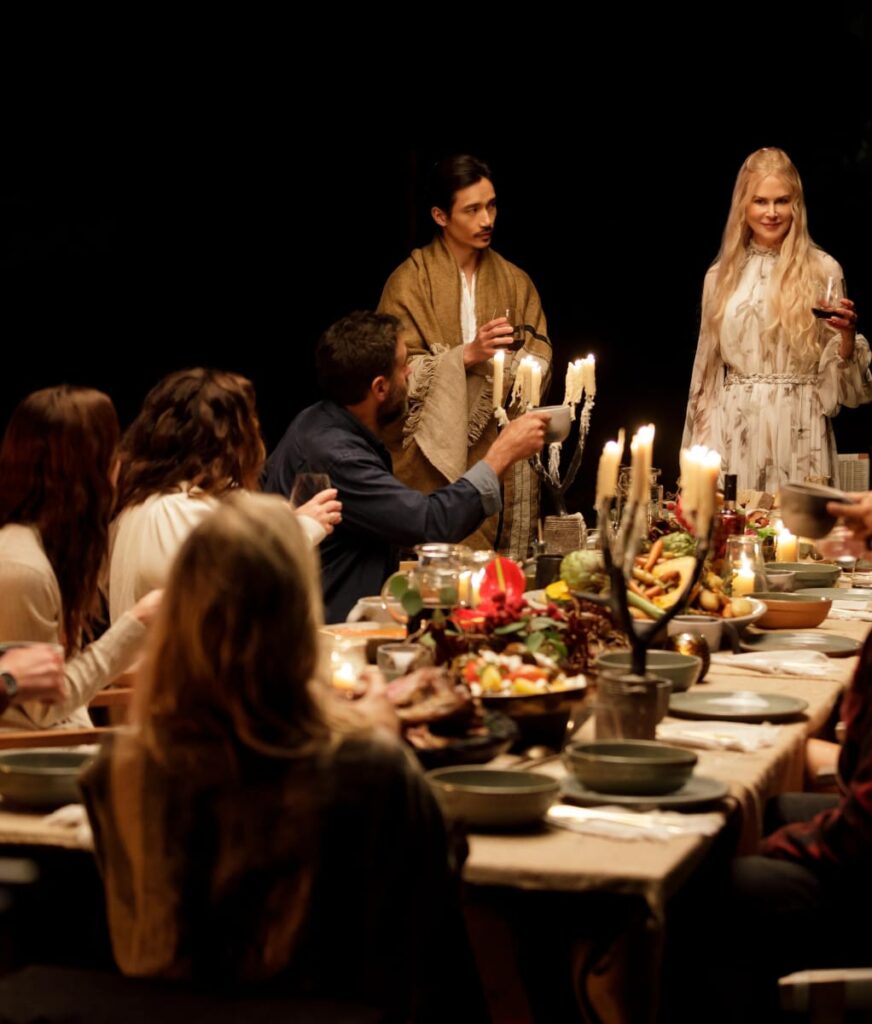
Hulu’s Nine Perfect Strangers was another ideal example.
Liane Moriarty’s novels make wonderful limited series, and this was one time I thought the adaptation was better than the book.
The series fleshed out the characters more.
In the book, the characters endure a four-day vow of silence at the spa, while in the series, we see them interact instantly.
The series delved deeper into Carmel’s emotional issues and explored the workings of Jessica and Ben’s marriage.
It was a trippy drama as it examined how drugs made you face your worst fears, and it combined the source material with more humor and characterization.
I can’t talk enough about The Idea of You.

While it was a romance, it was about women’s empowerment, and the changes made it even better.
Screenwriter Jennifer Westfeltd and director Michael Showalter altered Hayes’s age from 20 to 24, so the forbidden romance didn’t seem as awful.
They also upped Izzy’s age from a preteen to an older teen, so it didn’t imply that Solene was missing pivotal moments in her daughter’s life.
In the film, Solene and Izzy are much closer than in the book, so Solene sacrifices so much for motherhood that it is difficult for her to think of herself first.
The main change is the book’s ending to the film’s.
The book and the film include the angsty break-up scene when Solene lets Hayes go because the media circus is too much for her and Izzy.
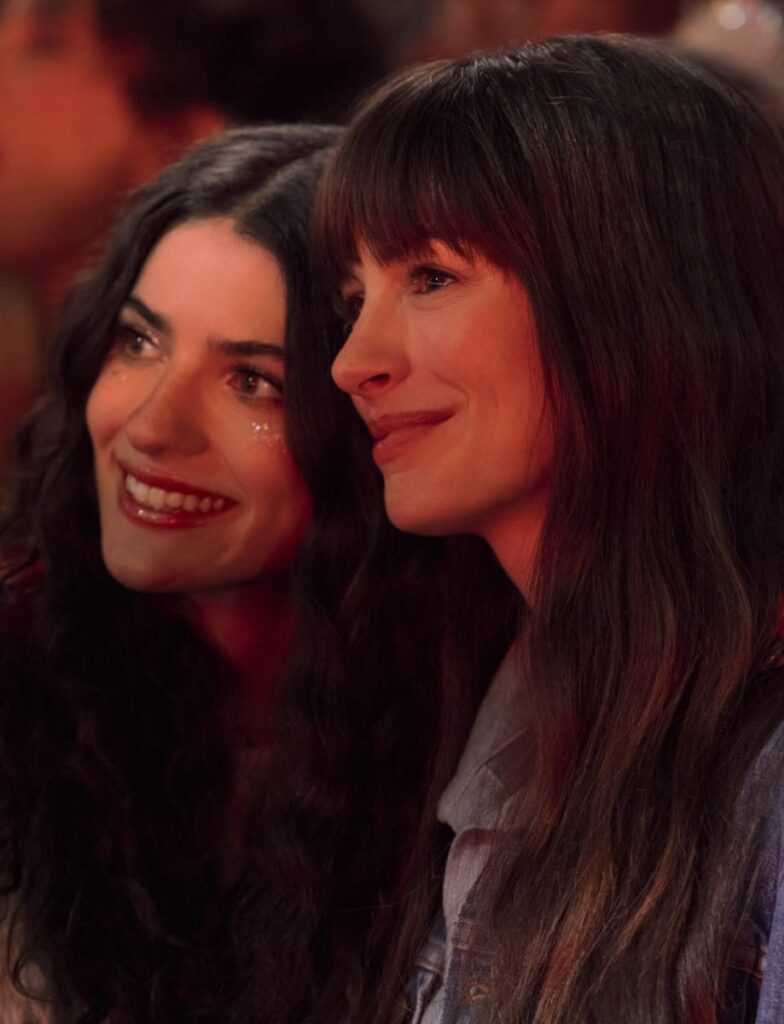
In the book, she lies and says she doesn’t love him but only loves the “idea of him,” hoping he’ll leave.
After repeatedly texting her, Hayes gives up on her.
However, Showalter altered the ending to a more hopeful one because audiences want a happily ever after when they see romantic comedies.
It’s more than that, though. Women deserve a happy ending.
How Important is Fan Reaction?
Showrunners and actors have a nearly impossible task when adapting beloved novels because fans are difficult to please.
They have an image in their head of which actors should play certain characters and how certain scenes should play out.
That puts pressure on the showrunners, writers, and actors as they envision their new series.
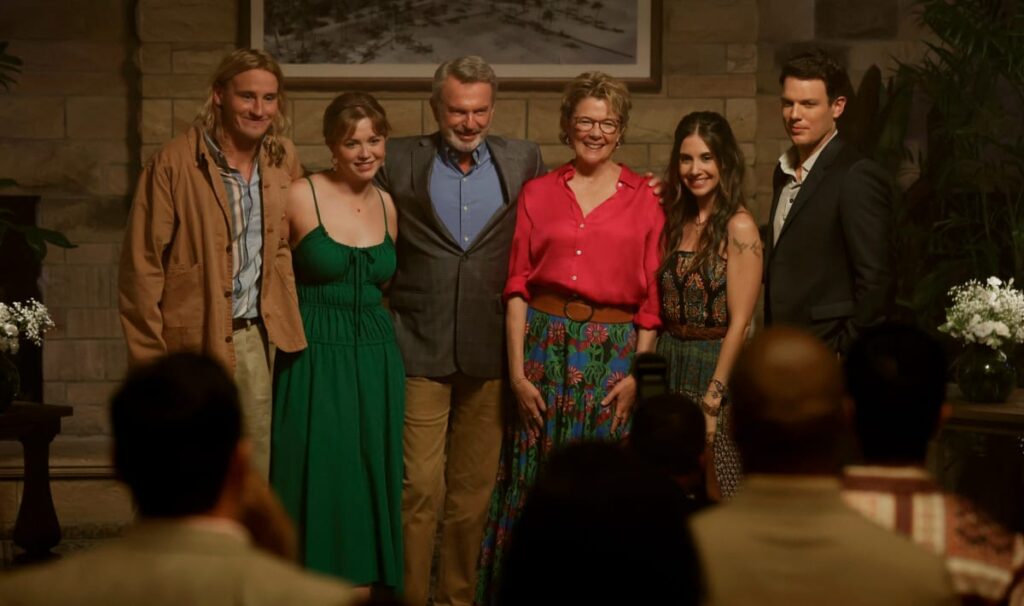
The cast and crew strive for fans to appreciate the screen adaptation and recognize that the TV or film adaption and the book are separate entities.
Sometimes, the screen adaptation is better than the book, sometimes the book is superior, and a few times, they’re equally good and appreciated for different reasons.
What are some of your favorite book-to-screen adaptations?
Do you think the showrunners adapted the material faithfully?
We would love to hear your opinion, so please share your thoughts below.
